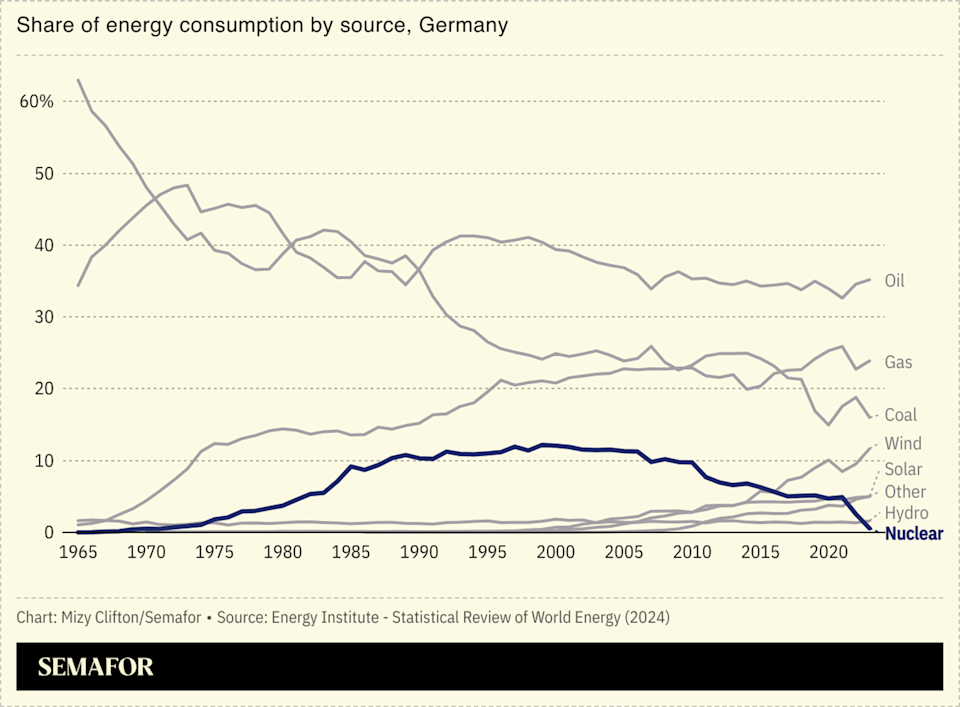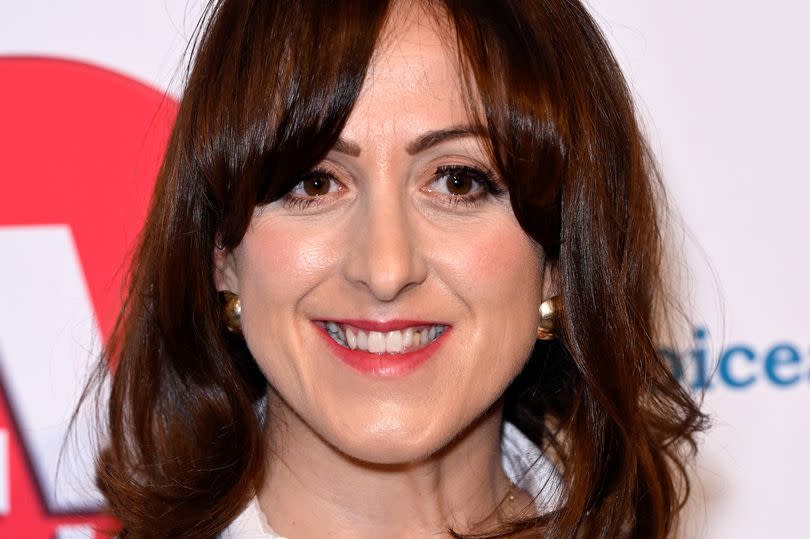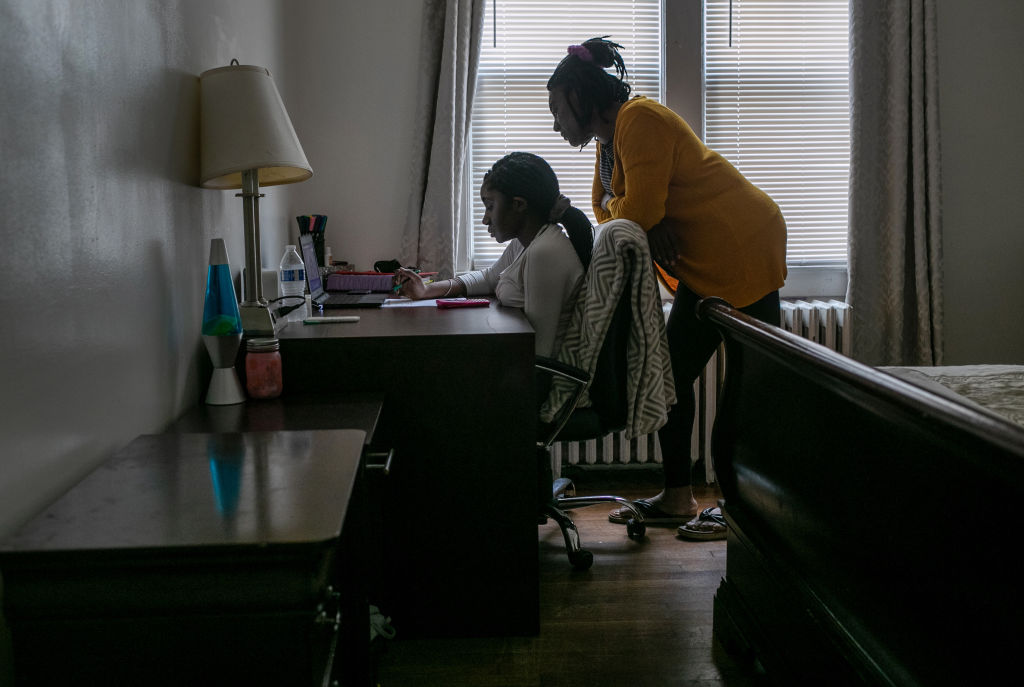The News
Germany’s likely next chancellor Friedrich Merz has ruled out a coalition between his center-right Christian Democratic Union, which won Sunday’s general election, and the hard-right Alternative for Germany, which came second, but the two parties have at least one thing in common: An interest in nuclear power.
CDU and AfD lawmakers alike have heaped criticism on the outgoing government for overseeing a nuclear phaseout; the country’s remaining three reactors were shuttered in 2023, and both parties indicated an openness to reviving nuclear power in their election manifestos.

A chart showing share of energy consumption by source in Germany.
SIGNALS
Despite renewed interest, there’s little hope of a nuclear comeback
Advertisement
Advertisement
German utilities say any nuclear renaissance is “unlikely” due to cost and lack of regulatory approval, which Merz himself conceded in January. In addition to the massive costs associated with reopening reactors, power plant operators won’t want to risk reputational damage in light of ongoing public opposition, Manfred Fischedick from the Wuppertal Institute for Climate, Environment and Energy, a German think tank, told Semafor: “Even if less people are nowadays strictly against nuclear power plants, it is still a huge number, huge enough to jeopardize the image of energy utilities,” he said.
The CDU could take the wind out of the EU anti-nuclear camp’s sails
Nuclear advocates in Brussels hope that a more pro-nuclear administration in Germany will ease some of the ideological frictions jamming up European Union nuclear policy, Politico reported: “Without Germany, the [anti-nuclear camp] is going to lose the wind” in its sails, one pro-nuclear EU diplomat told the outlet. Still Merz’s focus on economic recovery in Europe’s biggest economy could also stifle the bloc’s broader climate ambitions, at a time when opposition to the European Green Deal — a package of measures aimed at making the bloc carbon-neutral by 2050 — is building, an expert from the Jacques Delors Centre, a European policy think tank, told Clean Energy Wire.
Many Germans now associate spiralling energy costs with renewables
Advertisement
Advertisement
Only 13% of Germans surveyed by Deutschlandtrend in January cited climate change and environmental protection as pressing problems ahead of the election, with economic growth and immigration taking precedence. Many voters concerned about the cost of living now associate spiralling energy costs with renewables, a sustainability expert told Time, though analysts say it is actually Germany’s ongoing dependence on fossil fuels pushing prices up, DW reported. “It is crucial to pick up the pace [of the energy transition], not only for emissions reduction, but also because this will eventually lead to lowering power prices in the midterm,” a climate policy expert told The Associated Press.

A chart showing residential electricity prices in select European countries.
EMEA Tribune is not involved in this news article, it is taken from our partners and or from the News Agencies. Copyright and Credit go to the News Agencies, email news@emeatribune.com Follow our WhatsApp verified Channel





